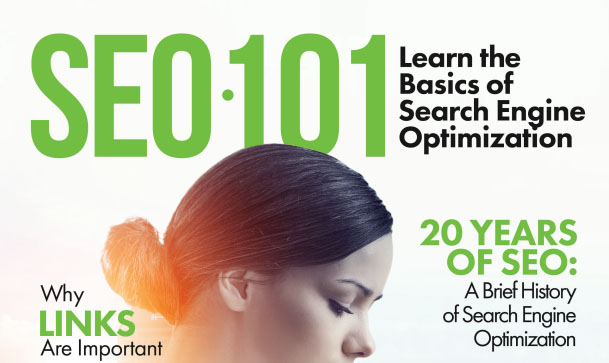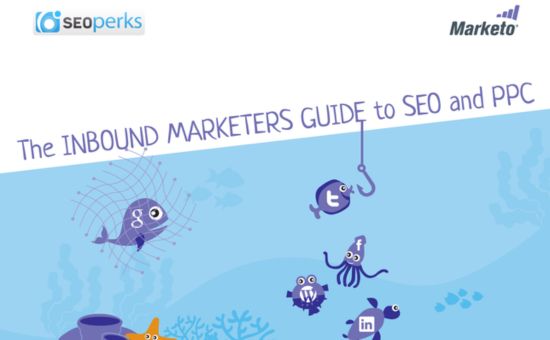SEO Playbook: Tips & tricks for technical & editorial teams | Brightspot
Search Engine Optimization
Executive Summary
“SEO,” or search engine optimization, is a term familiar to many, even beyond marketing and communications circles. Despite this familiarity, a deeper understanding of how SEO integrates with content strategy and its impact on marketing success remains crucial. This is especially important in today’s highly competitive landscape, where SEO complexity and sophistication are ever-increasing.
Consider this: Google used to make a few updates to its SEO algorithms annually, but now, it makes thousands of changes each year. Consumer behaviors are also evolving rapidly. People are constantly searching for new information, demanding real-time updates and new formats. On average, individuals check their mobile phones up to 63 times daily, with Americans spending about 5.4 hours on their devices each day. This constant connectivity underscores the importance of staying informed about SEO trends and behaviors to adapt strategies for success.
This eBook offers detailed insights into SEO-focused considerations and advice for various marketing and communications functions. Successful SEO requires a collaborative approach, integrating technical, digital, and editorial expertise. We will explore how SEO influences and shapes content strategy, cover some SEO basics and technical tips and provide guidance on initiating your SEO strategy.

Why Does SEO Matter?
If you’re reading this, you likely have a basic understanding of SEO, but let’s ensure we’re on the same page. SEO stands for search engine optimization. It’s the process of making your content easily discoverable by search engines, which helps determine its ranking in search results. A robust SEO strategy leads to higher page rankings on search engines like Google and Bing.
Why is this important? SEO drives more organic traffic, providing a significant return on your content investment that continues to pay off over time. The goal is to maximize your “free” organic traffic, surpassing other sources like paid advertising, to stay ahead of the competition.
Organic traffic is critical because over 53% of all website traffic originates from organic search. This traffic leads to engagement, which in turn results in transactions. Consumers often start with a search intent—a specific question they need answered—and you want to be where their journey begins.

SEO should be a central component of your content strategy. Currently, 90% of pages receive no organic search traffic from Google, highlighting the need to prioritize SEO. This requires collaboration between technical, digital, and editorial teams to produce content that is both engaging and optimized for search rankings.
Editors and developers often have different skill sets and priorities, which can cause hesitation in integrating SEO. However, modern CMS tools can simplify the process, enabling content optimization without requiring extensive technical intervention. This synergy supports both content teams and IT, making it a win-win.
SEO Types
- On-page SEO: Involves optimizing individual web pages, including content and HTML source code, to rank higher and attract more relevant traffic from search engines.
- Off-page SEO: Refers to external factors such as backlinks and other signals that impact your site’s ranking in search engine results pages.
Let’s delve deeper into the specifics.

SEO Reminders: The Must-haves
Optimize Your Headlines:
To enhance your search engine ranking, include at least one primary keyword in your headline, ideally near the beginning.
→ With Brightspot, entering a headline into the CMS automatically generates the Promo Title, Share Title, and SEO Title, saving editors valuable time.
Identify SEO Sweet Spots:
Ensure keywords appear in key areas such as meta descriptions, URLs, and subheadings. Properly constructed URLs are crucial for good search rankings, as Google uses them as a ranking factor and to inform the metadata in search results.
→ Brightspot allows you to easily adjust article metadata for search engines. The Content Edit Page includes an SEO tab where you can add metadata to be processed by web crawlers. Additionally, Brightspot automatically creates URLs for new pages and posts using the headline, and built-in taxonomy settings make it simple to include categories in each URL.
Leverage Expertise:
Having the right team members responsible for SEO ensures your strategy is top-notch and reduces stress between teams by clearly defining roles and responsibilities.
→ With Brightspot, SEO fields can be configured to appear prominently for the team responsible for SEO metadata. These fields can be moved from the SEO tab to the Main Tab for SEO editors, allowing them to read and understand the content and add rich keywords without editing the body field, which can be locked to prevent changes.

Unlock the full potential of your SEO strategy! Continue reading and download our comprehensive guide to master SEO best practices and boost your online presence.
Related guide: SEO 101: Learn the Basics of Search Engine Optimization | SEJ
- Executive Summary
- Why Does SEO Matter?
- SEO Reminders: The Must-haves
- Technical Mistakes to Avoid
- Getting Started: Your SEO Strategy
- SEO Will Continue to Matter in the Future
Number of Pages:
- 15 pages
Pricing:
- Free
Warning: Undefined array key "sidebar_ads" in /home/dmc/public_html/wp-content/themes/DMC/functions/helpers.php on line 824






